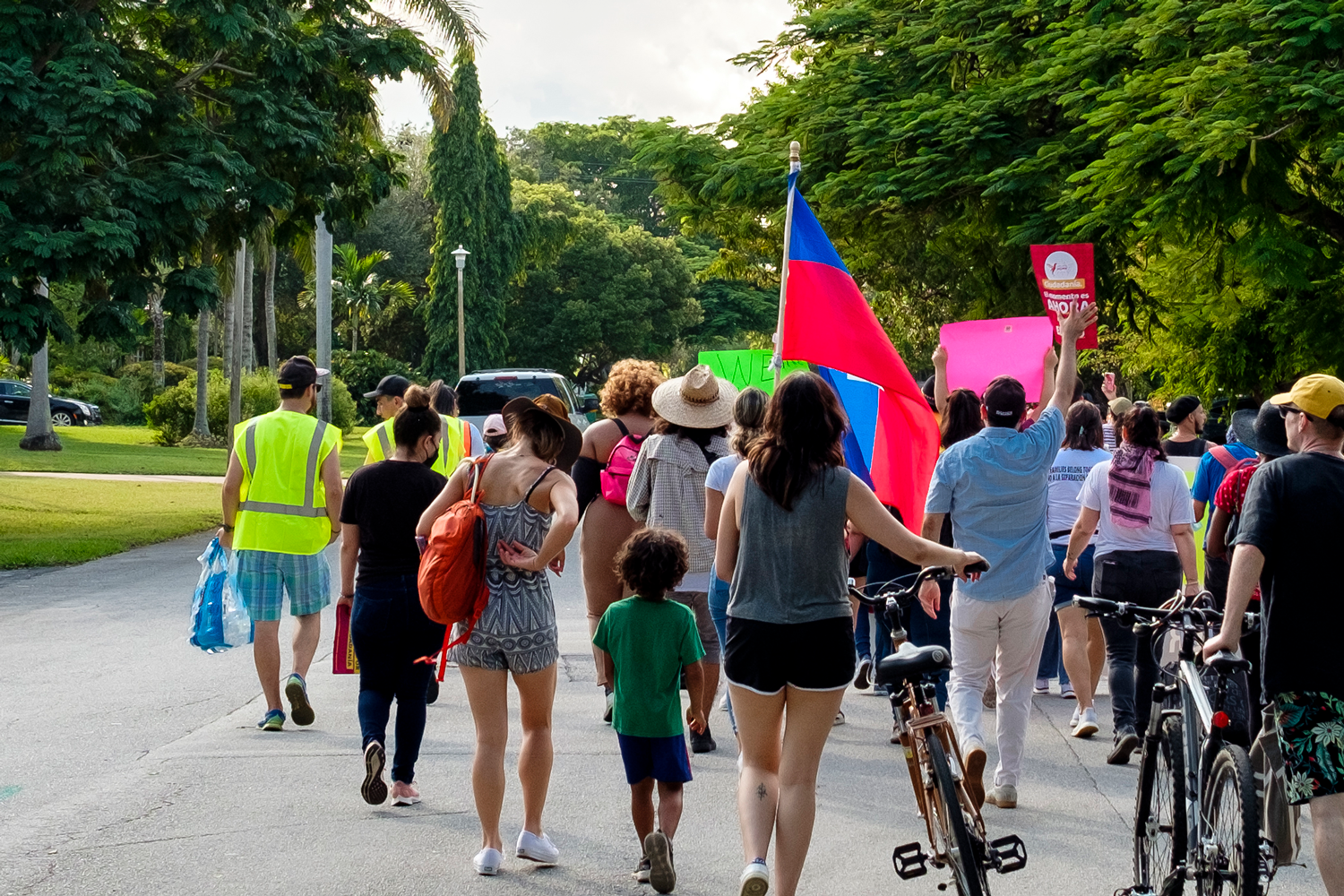
What to bring
- Any medications you need
- A comfortable bag or backpack to carry everything
- A full water bottle (preferably one that you can squeeze if you need to rinse someone’s eyes)
- Snacks (include a sucker or hard candy in case someone is diabetic)
- A protest sign!
- Cough drops in case your throat is sore from speaking or chanting
- Shoes you can walk or stand comfortably in
- Comfortable clothes
- Change of clothes (in case you get wet, tear-gassed, or pepper sprayed)
- Rain poncho
- Hand sanitizer
- Sun protection (note that oil-based products can prolong the effects of tear gas)
- Bandanas or face masks
- Goggles (to protect from tear gas)
- Permanent marker (to write a phone # on your skin in case you get arrested)
How to prepare
- Learn about the issue and the organizations calling for the protest beforehand.
- Have a buddy! Stick together and watch out for each other. Exchange information about who should be called if one of you gets arrested.
- Make sure someone who won’t be at the protest knows where you are and what they should do if you get arrested (e.g. feed your cat, call your mom, pay your bail?). Know their number by heart or write it on your skin with permanent marker. Be sure to let them know when you are home safely!
- Bringing a cell phone? Think through what would happen if it is taken by police. Make sure to have your phone locked when not in use, and that notifications don’t appear on screen. Get more tips on digital security.
While you’re there
- Stay hydrated!
- Keep the focus on the demands of the protest, centering the message of those most impacted by the issue.
- Look out for others. We are all safer when we take care of each other. Be mindful of the privileges and vulnerabilities of yourself and those around you.
- Don’t engage counter-protesters. DO use the four D’s of bystander intervention if they are harassing another protester. (Distract, Delegate, Direct, Delay). Learn more.
- Don’t talk to the police. DO refer them to the police liaison. Most protests have a designated person to deal with police; politely direct them toward that person.
- Don’t take pictures of people’s faces without permission. DO take pictures of cool signs and police if they are violating people’s rights (if safe).
- Don’t police the behavior of others. DO be curious. If appropriate, engage with fellow protesters about messaging or behavior choices, and learn instead of judge.
Know your rights
- You have the right to freedom of speech and assembly, but that doesn’t mean that law enforcement will respect those rights. You can only control yourself, not law enforcement.
- The best way to keep yourself and others safe is to not talk with the police. This is true even if you believe you “have nothing to hide.”
- If you are stopped by police, ask them if you are being detained. If not, politely and slowly leave.
- If you or your belongings are being searched, loudly say “I do not consent to this search.” If safe and possible, record audio and/or video. If someone else is being searched, film what is going on and keep the camera trained on law enforcement.
- If you are arrested, say only that you are exercising your right to remain silent and that you want a lawyer. Remember that it is illegal to lie to police, but the police can lie to you.
- If you can, document the name and badge number of any officer you believe is violating you or someone else’s rights.
Find out if there is a legal support/bail organization or hotline in your area. Write down the phone number here, and also on your body.
___________________________